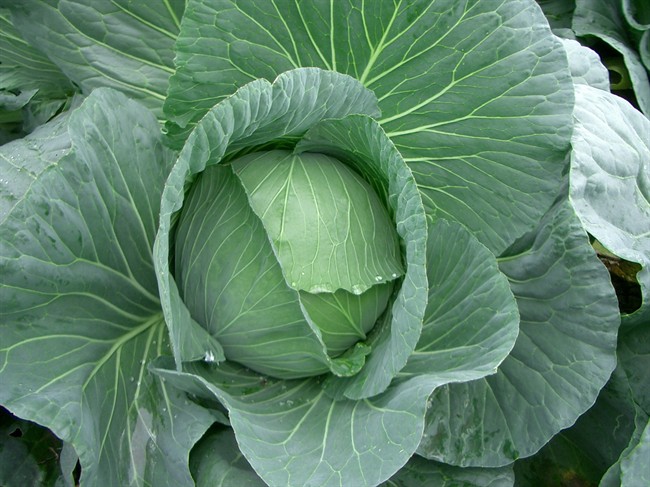Cabbage gives good return on your food dollar as it is both economical and good for you.

Cabbage is an excellent source of vitamin C and also contains some B vitamins, potassium and calcium. It is fat-free and 250 ml (1 cup) of raw cabbage has only about 22 calories. It also is associated with a lowered risk of certain cancers.
Cooking cabbage too long, especially in water, releases chemicals that can cause an unpleasant smell. To avoid this, don’t overcook it; don’t cook in aluminum pans (use stainless steel or enamelled cast iron); add a bay leaf or a lemon wedge to the cabbage while cooking; add a few drops of vinegar to the cooking water or wipe the inside lid of the pan with vinegar.

Get daily National news
Store a whole cabbage in a cold room or refrigerator crisper with as many of the outer leaves on as possible. Store half a cabbage in a crisper with only the cut side covered with plastic wrap (not tin foil).
A whole cabbage will last for months at temperatures just above freezing. If cabbage has been frozen, the layers will start to go translucent. Once a cabbage freezes it’s no good.
READ MORE: Recipes for cabbage rolls and soup
Preserve the bright colour of red cabbage by adding a little lemon juice or vinegar to the cooking water.
Prior to cultivation and use as food, cabbage was mainly used for medicinal purposes.
Ancient Romans munched raw cabbage before a banquet to prevent hangovers.

Comments